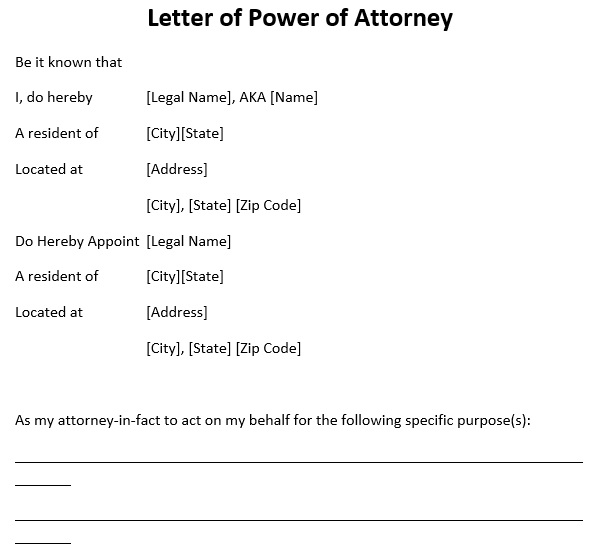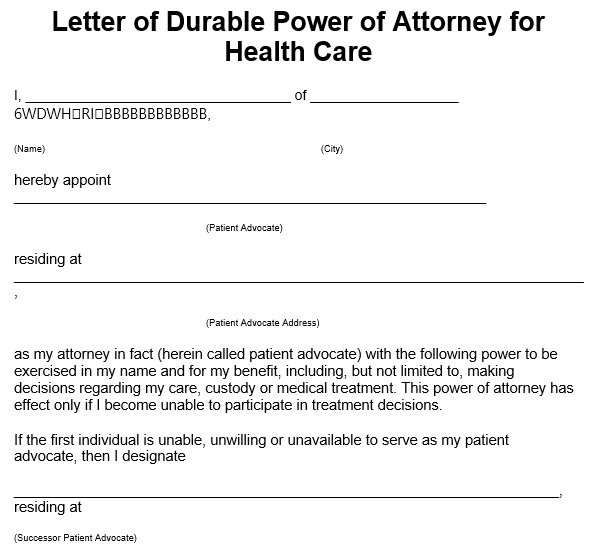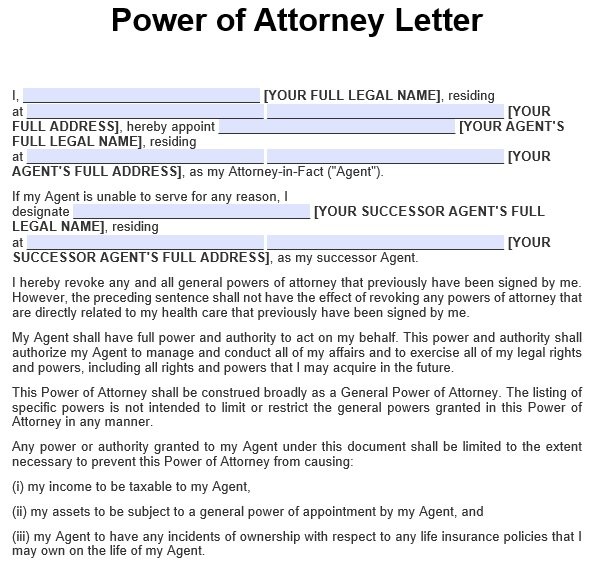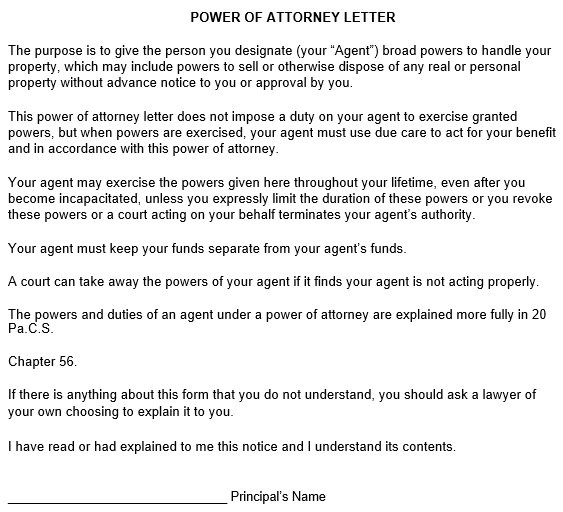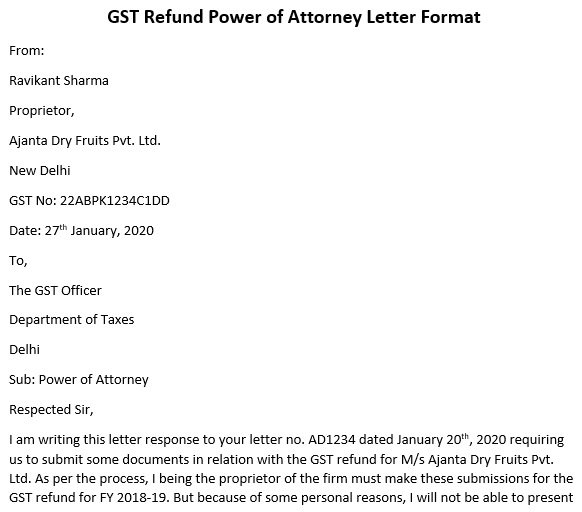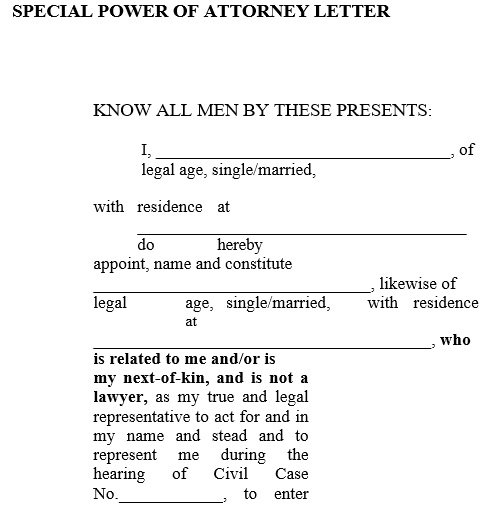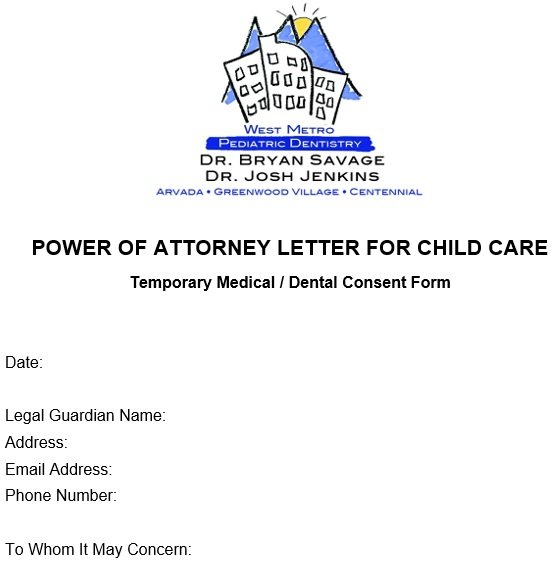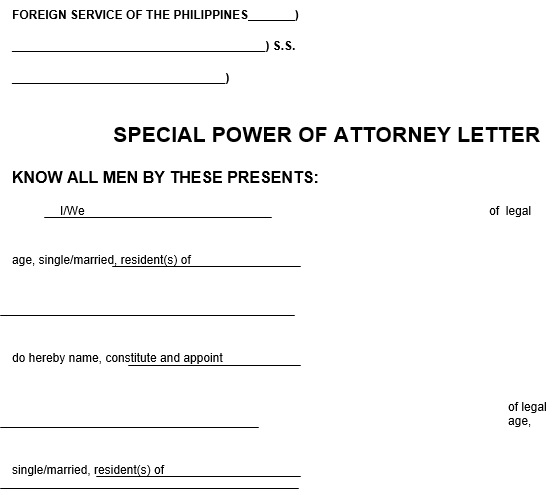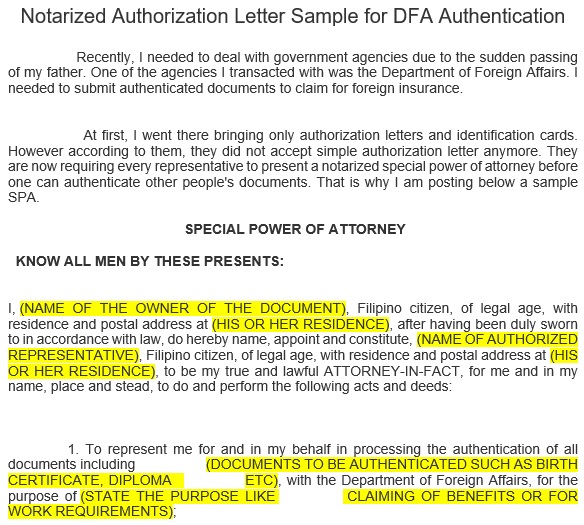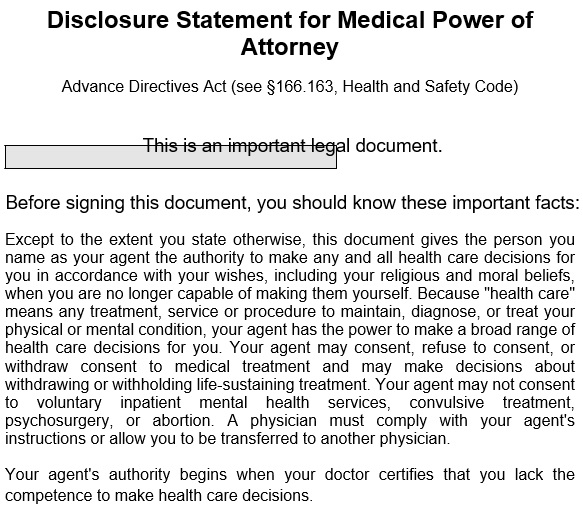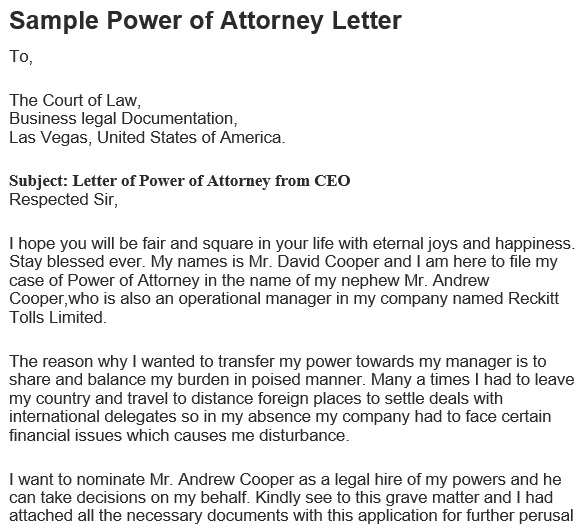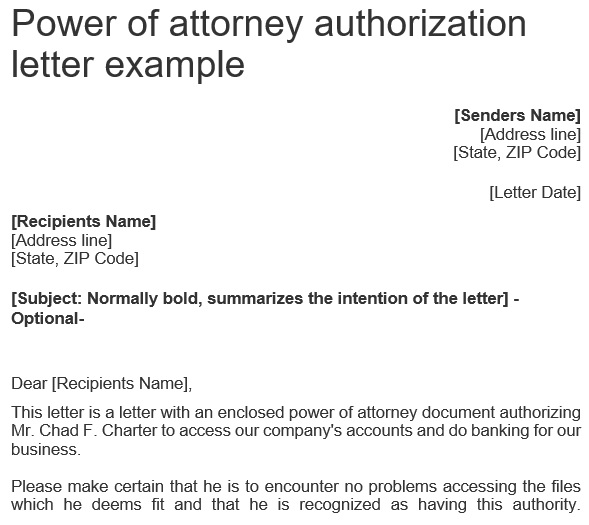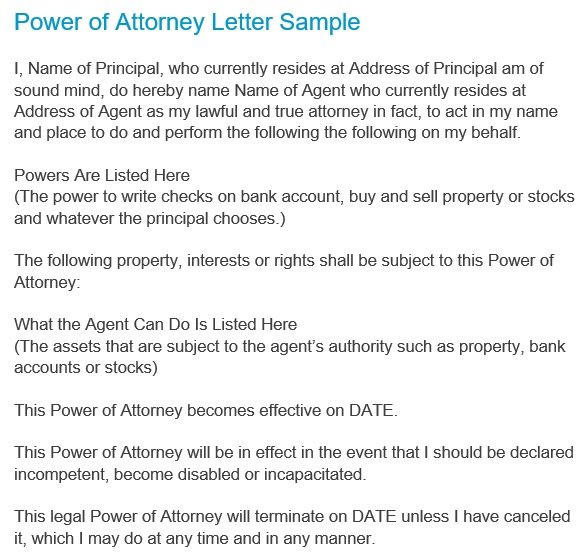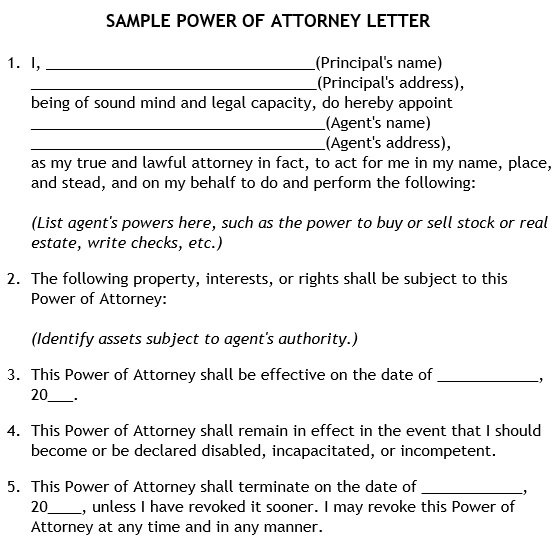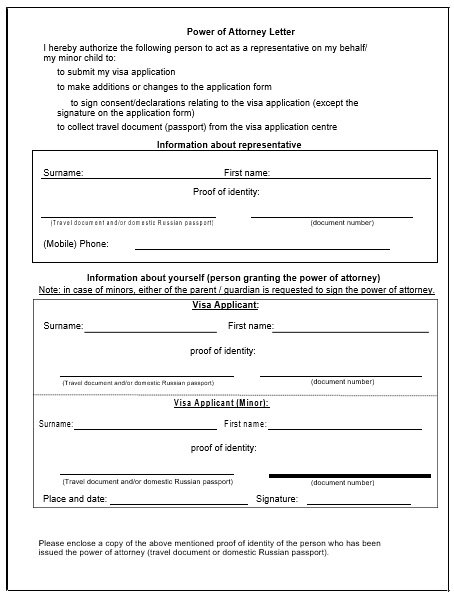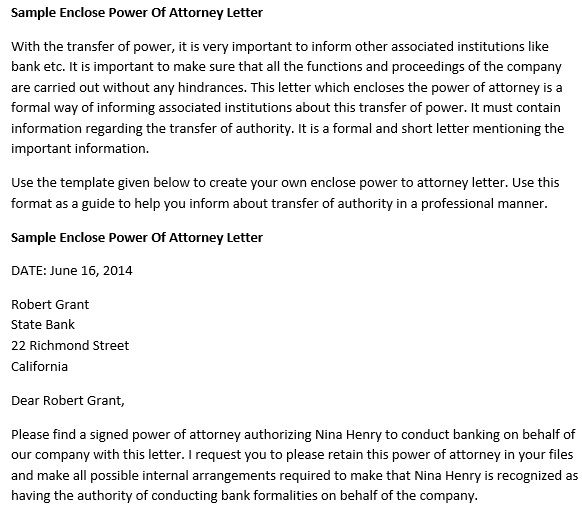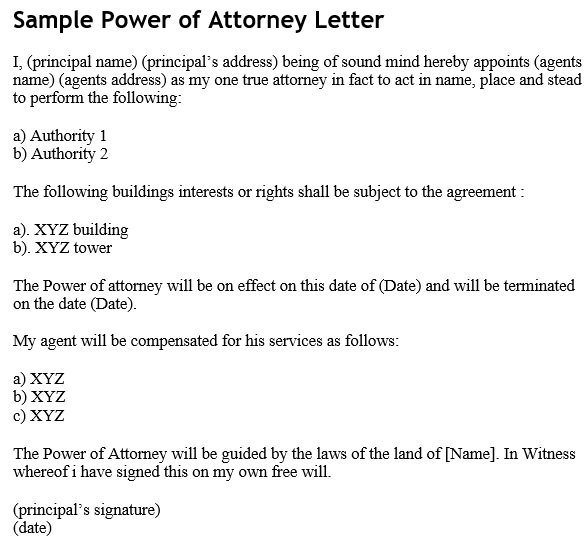A power of attorney letter is an official letter that authorizes a person to make decisions and act on behalf of another person. The person who is granted such an authorization is the ‘Agent.’ Property dealings, monetary transactions, signing checks, and more are the activities that the Agent will undertake.
Sometimes, when it is about legal matters, you may have to designate another person to act on your behalf. For this, you require a power of attorney letter.
Table of Contents
- 1 What to include in a power of attorney letter?
- 2 The different types of power of attorney forms:
- 3 How to write a power of attorney letter?
- 4 How to obtain a power of attorney letter?
- 5 How to choose an attorney-in-fact?
- 6 Does a power of attorney need notarization?
- 7 Conclusion:
- 8 Faqs (Frequently Asked Questions)
What to include in a power of attorney letter?
The main elements of this letter include the following;
- Your (principal) name, address, and signature
- The agent’s name, address, and signature
- Under the agent’s authority, the activities and the properties
- The agent’s powers start and termination dates
- Compensation that you will provide to the agent
- The witness’s name, address, and signature
The different types of power of attorney forms:
There are two main types of power of attorney forms;
Ordinary power of attorney
This type of power of attorney document is valid as long as the principal is competent.
Durable power of attorney
A durable power of attorney is valid either you or the principal are competent. Even if you become incapacitated, this validity remains in effect.
Furthermore, there are three different terms that are explained below;
General power of attorney
A general power of attorney provides an attorney-in-fact the authority to make decisions about finances and property on your behalf.
Specific power of attorney
A specific power of attorney an attorney-in-fact the authority to make decisions for a particular purpose.
Springing power of attorney
In a springing power of attorney, the principal decides when their Power of attorney comes into effect. Typically, it is a specific date or when you become incapacitated.
How to write a power of attorney letter?
You can grant the agent to act on your behalf through a power of attorney letter. But, it doesn’t take away your power to act or decide for yourself. In case, there will be a disagreement between you and your Agent, you can still make the final decision. If you want to write a power of attorney letter then you have to seek legal guidance from a lawyer. It will save you a lot of time and effort. Here are the steps to follow for writing this letter;
Come up with a draft
At first, you have to create a list of the special powers you will assign to your Agent. This is because such special powers should be very precise. You should express the accounts, properties, and transactions that you will authorize to your agent.
Make decisions about springing powers
A springing power refers its conditional. The Agent can’t exercise these powers until a certain event or situation has satisfied. Furthermore, until the condition or event occurs regarding a springing power, the agent can’t act on your behalf legally. This type of power doesn’t have to add a clause. But, without it, your letter will become enforceable when you affix your signature.
Select your Agent and a Successor Agent
During writing the letter, assigning your Agent is the most significant step. The selected agent should be a person you trust. In case, something happens to your first choice, it is also suggested to select a Successor Agent.
Add the expiration date
Your letter should indicate that your Agent’s authority only valid for a certain amount of time. However, you can make a Durable Power of Attorney if you want the letter to last for as long as you’re alive. In effect, it remains even you become incapacitated. It doesn’t matter which type of letter you select, keep in mind that this authority terminates when you die.
Finalize your letter
You can finalize your letter after you have gathered all the information you require. When outlining the details in the document, you should use non-ambiguous and clear language. Make sure that you have included your complete name, your agent’s complete name, the complete name of your Successor Agent, and the date when you wrote the letter.
How to obtain a power of attorney letter?
These days, it becomes so easy to get a power of attorney letter. You just have to decide the type of form that is according to your requirements. You don’t have to require an expensive lawyer while creating this letter. However, you should follow the below steps to obtain this document;
Understand what you need
For this, you have to research the types of forms in order to understand the best form that suit your needs. The Durable Power of Attorney is the most common of these forms used for financial matters. This enables your agent to handle business related or monetary matters as required.
Choose your agent
The agent is the person who makes decisions on your behalf. The agent is also known as Attorney-In-Fact. The most important qualities to consider while choosing your agent are trust and accountability. In addition, it is also suggested to list more than a single Agent in your letter in order to ensure that your Agent is always available, specifically in times of duress, and will execute your wishes honestly.
Create the letter
In the next step, you have to draft your letter. The State already provides you POA forms. It is very easy to fill them in using a PDF format. You should ensure that your Agent is available at the time when you fill up the form. This is because you have to provide information regarding yourself and your Agent in the letter.
Sign the letter and execute it
The document must have to get signed in the presence of a Notary Public, witnesses or both as it is a requirement of the letter. Checking your state’s Signing Laws is highly recommended. When the document has been properly witnessed, it will become eligible for use. Some hospitals make it a requirement to present the original document in the case of a Medical Power of Attorney. That’s ’why, you should give the original copy to your Agent.
Store the letter
It is your duty to properly store the letter in the event that you will require it. You should also provide your Agent the original letter or a certified copy of it.
How to choose an attorney-in-fact?
You have to consider your options carefully for choosing an attorney-in-fact. There are legal requirements for who you choose apart from your personal preferences. Make sure that your attorney-in-fact;
- Shouldn’t under the age of majority in your state
- May not currently in a state of bankruptcy
- Not an owner or employee of a care home where the principal lives or gets treatment
Does a power of attorney need notarization?
The requirement of notarization for power of attorney may vary from state to state. Some states may require only two witnesses or a notarization while some may ask for both. An online notary can also be used to notarize your Power of Attorney.
Conclusion:
In conclusion, a power of attorney letter is a legal letter in which the Principal authorizes the Agent with powers to act over various transactions. It is also recommended that you should mention more than one Agent in your letter. Additionally, you don’t have to hire an expensive lawyer to make a draft, you just have to download a free template or look at a power of attorney letter sample.
Faqs (Frequently Asked Questions)
Yes, it is possible to a do a power of attorney yourself. You can complete it by using a form that meets your state’s requirements. You can easily make a legally-binding document without hiring a lawyer.
You can revoke power of attorney by doing following;
1- Make a revocation of power of attorney
2- Destroy the POA document that you want to revoke
3- You can make a new Power of Attorney that revokes the previous
Yes, power of attorney ends after death. You can use it because it expires when the principal dies.
Without the consent of the principal, a power of attorney can’t be modified. The Principal has to modify the powers given to the agent and then make a new form.

